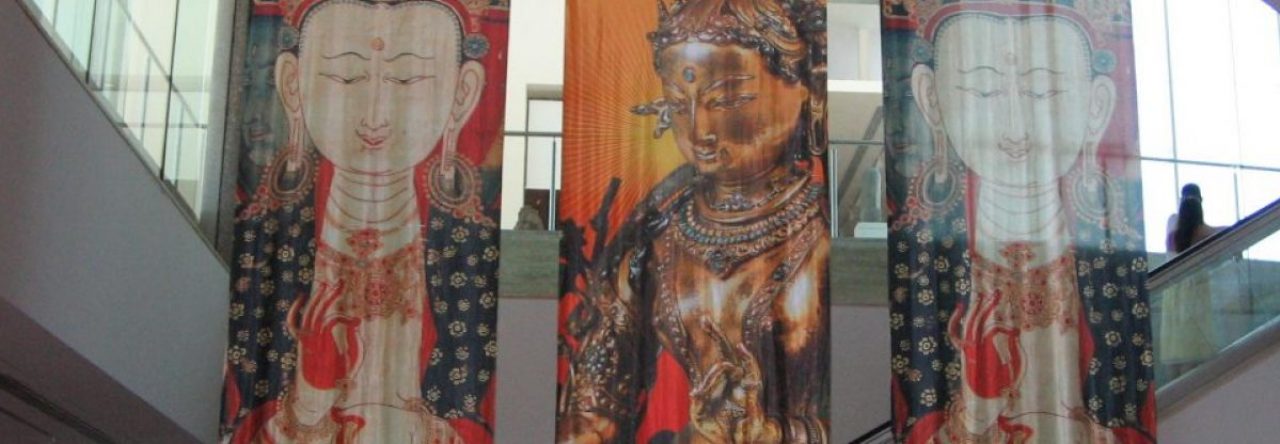Starting on 6 October, for at least eighteen weeks (or, a year if you enjoy it), on the Sunday afternoons I will teach: ‘Ānāpānassati as a Way of Being Human.” Ānāpānassati can be translated as ‘Mindfulness with Breathing.’
I suggest that humanity’s greatest present danger is that we don’t understand what it is to be human. An important present instance of this problem is that many people can’t appreciate the difference between a machine’s calculations and a human’s thinking.
What kinds of process are thinking and speaking, and can we think and say from our deepest nature? We have been trained to think of nature as machine-like. Is that what language is in its true nature? Did it arise, in evolution, to rule us in a mechanical way? Or, is it a faculty which serves our living, a faculty which we can conduct like we would play a beautiful instrument?
We can do that, but it takes skill (yonisomanasikāra). And, in this age of such grave danger, we need to, for the benefit of all sentience on the planet, to learn to conduct our thinking and saying in accordance with our matrix; that is, from the base of, and in harmony with, nature.
In this course, we will use ‘mindfulness with breathing’ (ānāpānassati) to explore this aspect of being human. This will not only be an exploration of our humanity, but an exploration of this powerful, ancient practice. I will point out interesting aspects of human process mentioned in the sutta; and ask, what kind of vision of human process underlies the approach in the sutta .
In particular, we will approach ānāpānassati as a method of knowing thought, and of learning directly the consequences of unexamined thinking and speaking. We will be able, through the practice of ānāpānassati, to see directly into the nature of language. The sutta enables us to discern the non-conceptual foundations of thinking and saying.
Warning. It won’t be a picnic, altogether. If you put your heart into this study, it will change you. The complication is that realizing our true autonomy (viveka) is equal to dying to our familiar self. It’s also how to move on from egoic consciousness to unestablished consciousness. There’s an ascetic side to the work, though; because “to study the self is to forget the self,” as a medieval Zen teacher said.
Yet, as you will discover, a profound way of being human arises to replace the old familiar personality. Furthermore, you will learn that the secret to this ‘work’ is to approach it effortlessly. As the Buddha taught in the ‘Skillful Intention Sutta’, you don’t need the efforting of ordinary will to learn what freedom is; not once you appreciate the effortless way. I will teach ānāpānassati as an effortless, but penetrating, way of living.
In the course of learning to conduct thinking, we will learn how to free ourselves of the persecution of our critic/judge/superego; indeed, free ourselves of the ego’s domination. We will repeat this course until everyone in the course says that they see their relationship to their mind has actually changed. If it takes eighteen sessions, well and good. If it takes a year, well and good.
The attendance requirement will be flexible, so that you can live your normal human life of family, work, and so on. Recordings will be supplied for those committed to the course.
